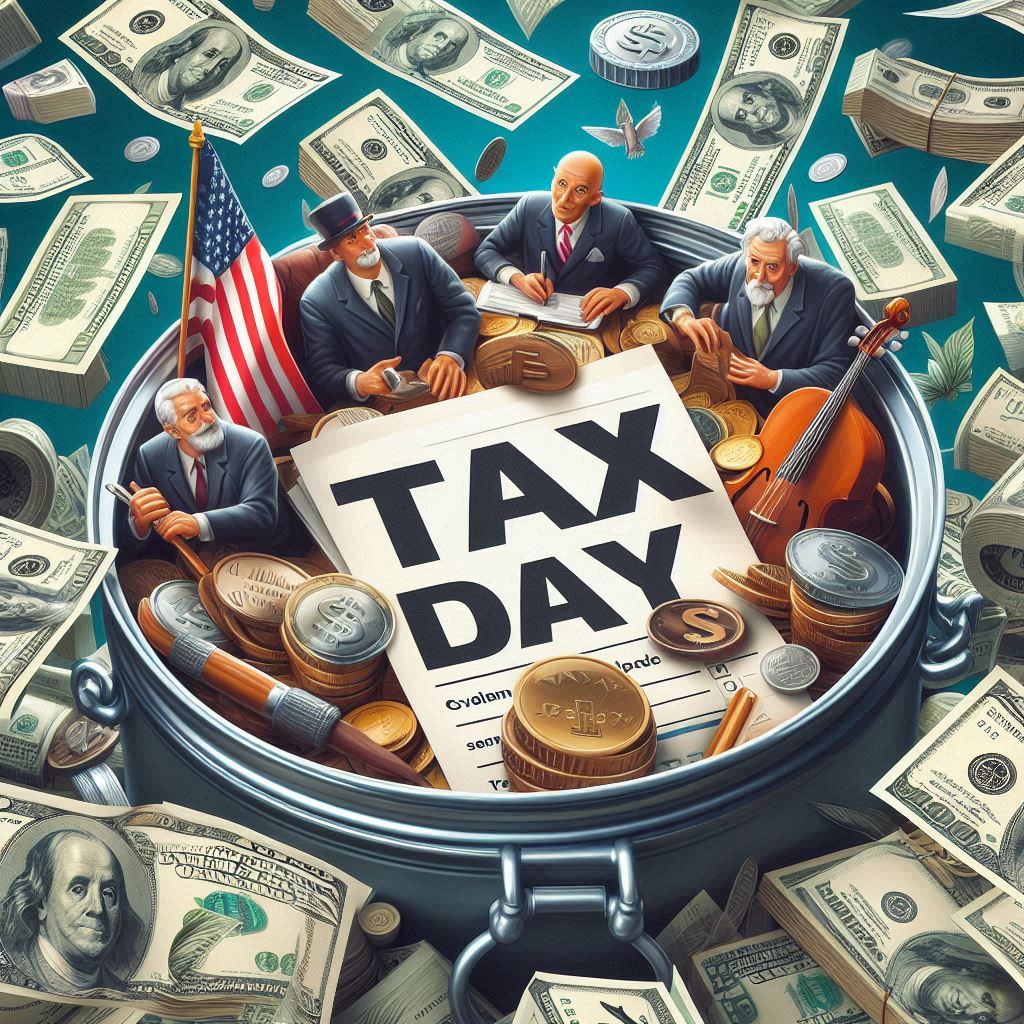World Music Day – June 21st
As we approach World Music Day on June 21st, it’s the perfect moment to reflect on the seismic shifts in the music industry, particularly those driven by advancements in digital technology. The digital age has not only transformed how music is consumed but also how it is created. At the heart of this revolution is Artificial Intelligence (AI), a technology that is both a boon and a bane for musicians worldwide.

The Digital Revolution in Music
The music industry has seen radical changes over the past few decades, primarily due to the advent of the internet and digital technology. Physical sales have dwindled, giving way to digital downloads and streaming services like Spotify, Apple Music, and Tidal. These platforms have democratized access to music, allowing artists to reach global audiences without the need for traditional record labels. However, this shift has also led to new challenges, such as the reduction in income from recorded music due to lower per-stream payouts compared to traditional album sales.
AI’s Role in Music Creation
Artificial Intelligence has taken center stage in the music creation process. AI algorithms can now compose music, generate lyrics, and even produce entire albums. Companies like OpenAI with their project “MuseNet,” and Sony CSL Research Lab’s “Flow Machines” have developed AI systems capable of composing music in various styles and genres, emulating the works of famous composers and contemporary artists alike.
One of the most notable examples is the album “Hello World,” created by Flow Machines, which featured the track “Daddy’s Car” composed in the style of The Beatles. AI’s ability to analyze vast amounts of data and recognize patterns enables it to create music that is not only original but also resonates with human emotions and preferences.
AI in Music Production
Beyond composition, AI is revolutionizing music production. Tools powered by AI can assist with mixing, mastering, and even sound engineering. Applications like LANDR and iZotope’s Ozone use AI to analyze and enhance audio tracks, making professional-level production accessible to independent artists. These tools can automatically adjust levels, EQ, and apply effects based on genre-specific presets, which significantly reduces the learning curve for new musicians and producers.
The Benefits of AI in Music
The integration of AI in music offers several benefits:
1. Accessibility: Aspiring musicians with limited resources can create high-quality music using affordable AI tools.
2. Efficiency: AI can handle time-consuming tasks like mixing and mastering, allowing artists to focus more on creativity.
3. Innovation: AI introduces new possibilities for music creation, blending genres and styles in ways that were previously unimaginable.
The Threat to Musicians
While AI presents exciting opportunities, it also poses significant threats to musicians. The most obvious concern is the potential for AI to replace human musicians. As AI-generated music becomes more sophisticated, there is a growing fear that human creativity and artistry could be devalued. Music, traditionally seen as a deeply human and emotional form of expression, might lose its essence if it becomes dominated by machine-generated content.
Moreover, the economic impact cannot be ignored. With AI capable of producing music at a fraction of the cost, there could be a decrease in demand for human composers, session musicians, and producers. This could lead to fewer job opportunities and lower incomes for those in the music industry.
Ethical and Legal Concerns
The rise of AI in music also raises ethical and legal issues. Questions about copyright and ownership of AI-generated music are still being debated. Who owns a song created by an AI? The programmer, the user, or the AI itself? Additionally, the use of AI to emulate the styles of specific artists raises concerns about originality and the potential infringement of intellectual property rights.
Balancing Innovation and Tradition
As we celebrate World Music Day, it’s crucial to find a balance between embracing technological advancements and preserving the human touch that makes music special. Musicians can harness AI as a tool to enhance their creativity rather than view it as a replacement. Collaboration between humans and AI can lead to new and exciting musical landscapes, where technology serves to augment human artistry.
The Future of Music in the AI Era
Looking ahead, the music industry must adapt to the evolving technological landscape. Education and training programs should incorporate AI and digital tools to prepare the next generation of musicians for the future. Policymakers and industry leaders need to establish regulations that protect the rights and livelihoods of musicians while fostering innovation.
In conclusion, as we reflect on the evolution of music in the digital age this World Music Day, it’s clear that AI will continue to play a significant role in shaping the industry. The challenge lies in leveraging the benefits of AI while mitigating its risks, ensuring that the soul of music remains intact amidst the technological revolution. Musicians, technologists, and audiences alike must navigate this new terrain together, creating a future where technology and humanity harmoniously coexist in the world of music.
Read more: Juneteenth Festivals in 2024


